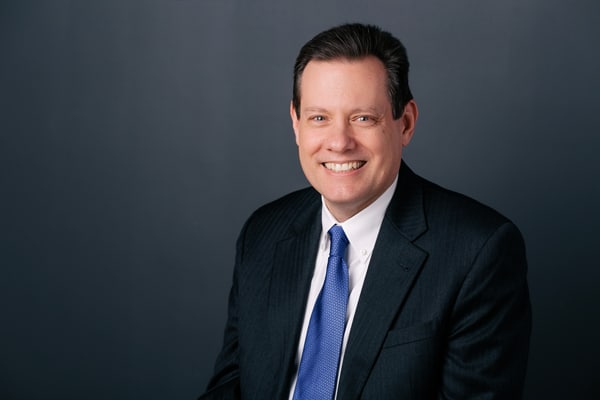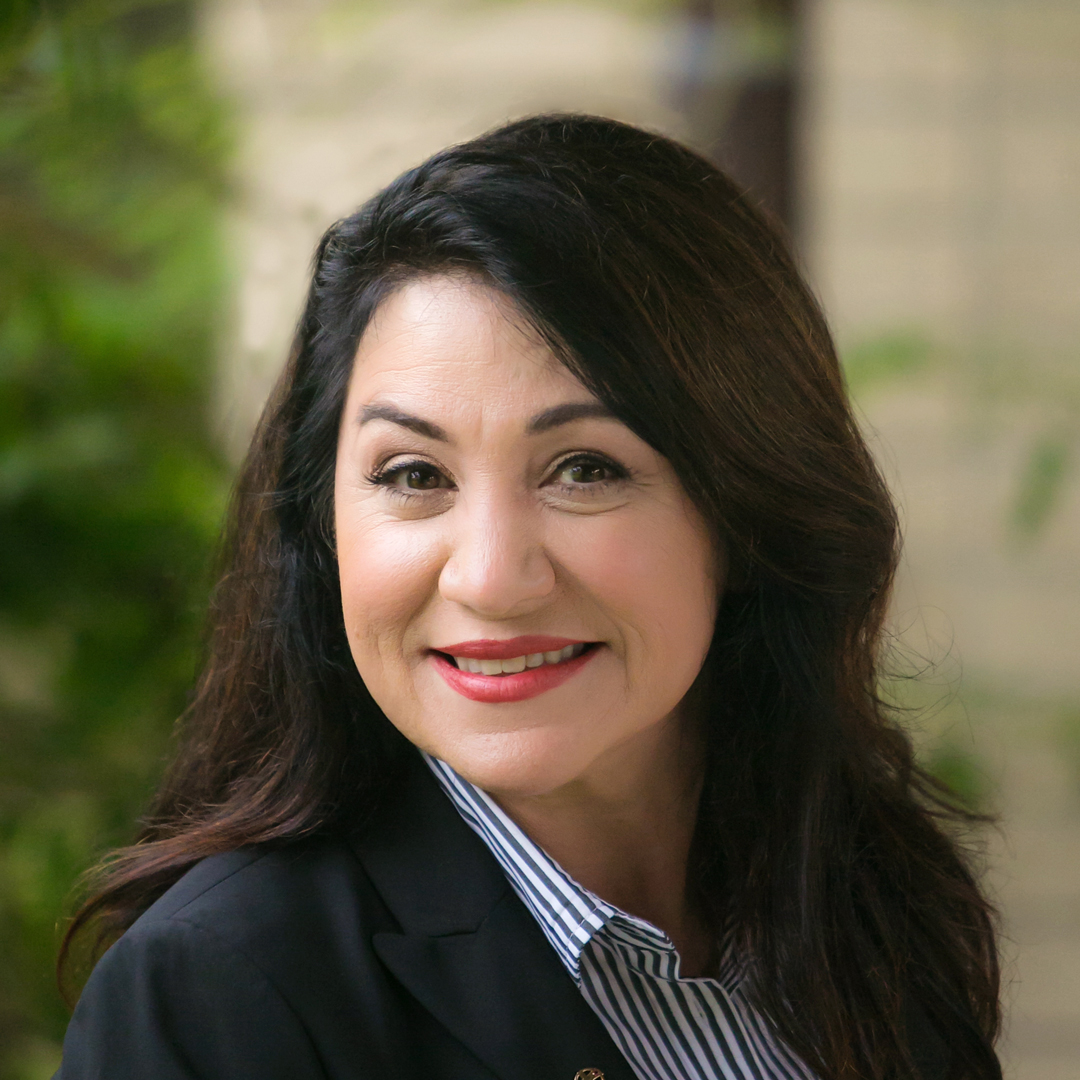In the ’80s, the popularity of VHS tapes led to a boom in the demand for and production of magnetic tape, the part that stores the images viewed on the screen. But when DVDs were introduced, in the mid-’90s, VHS tapes rapidly lost market share. Toray Plastics (America) Inc., located in North Kingstown, Rhode Island, a major manufacturer of polyester film used to make magnetic tape at the time, had to revisit its focus.
“Before I joined the company, it had gone through a period of change and had to reinvent itself,” says John Eustis, vice president of engineering and procurement for Toray Plastics. And reinvent it did. Toray Plastics invested heavily in research and development, finding new uses for the films it made. Today, that same polyester film, and other types of polypropylene film that the company manufacturers, are used in creating transparent and metallized high-oxygen and moisture barrier packaging that protects popular brands of cookies, seeds, nuts, dried fruit, and other snacks, and helps companies grow business. Toray’s polyester film is also used for a variety of industrial applications.
Thanks to that data-driven, fact-based approach to management, Toray Plastics is one of the most successful divisions of the multibillion-dollar company that Toray Industries Inc., Toray’s parent company, is today. But, from the moment Eustis joined the team, the challenge remained: how can a company continue to be successful despite changes in market demand and technology, and high costs in labor, logistics, and supply?
“We focus on the fundamentals of day-to-day execution of the business,” Eustis says. “Today we operate as efficiently and effectively as possible, and continually invest in the development of leading-edge, value-added film technology. We have no interest in being a commodity manufacturer. Our customers expect high-quality products and service, and we’re committed to delivering on that.”

Eustis joined the procurement and logistics team at Toray Plastics in 2008 as a senior director. Over the past decade, he has traded his responsibilities in logistics for engineering. “Our engineering group designs and installs new equipment in the plant,” Eustis explains. “When Toray decides it needs a new piece of equipment to increase capacity, my engineering team will identify OEMs, recommend the best equipment, review all the specs, and determine what modifications are necessary to meet our manufacturing needs.”
That special attention is also appreciated by Burns & McDonnell, which works with Toray on certain projects. “John and his team really understand the need for quality engineering and how a little extra effort up front can result in significant savings in capital and maintenance costs,” says Chris Courtright, vice president at the company.
But, back when Eustis was settling into his first role with Toray, he noticed an opportunity to improve certain procurement processes within part of the business. The company had purchased some key raw materials from one or two suppliers for fifteen years. “Raw materials and energy significantly impact the cost of manufacturing our products, and we needed to take a more analytical and structured approach to how we managed them,” Eustis explains. “Part of my role was to challenge the thinking that only those suppliers could support our processes.” Eustis began to push back methodically on those process and procurement standards.
One of those pushbacks led to a breakthrough and helped transform Toray’s polypropylene films business. Eustis and his team discovered that a majority of the raw materials used in the manufacture of those films also came from only two suppliers, which left the company vulnerable if one had a delay in production or, in a worst-case scenario, if one of the businesses was seriously compromised or folded. Eustis created a raw materials strategy team with staff from all of the key functional groups, not just procurement. This team worked collaboratively to identify alternate raw materials and sources of supply. Today, Toray has at least nine domestic and international suppliers, effectively strengthening the company’s control over its inputs and helping it to minimize risk.
Eustis says that the company must be willing to try alternative materials or different specifications, sometimes of equal quality at lower price points or at increased cost but of better overall value provided by improved process yield. All decisions circle back to data, which enabled the cross-functional team to significantly improve value for the company.
As Eustis delved deeper and analyzed data from across Toray Industries, he found a commonality in materials and suppliers among the separate divisions. Other entities within the Toray Group manufacture carbon fibers, specialty resins, and water filtration membranes. Each Toray Group company operates independently, but Eustis saw opportunities for collaboration in streamlining their shared supply chain. He developed a joint purchasing group for trucking services, maintenance supplies, and travel costs, ultimately allowing the company to save collectively. Eustis continues to lead that effort.
Joe Egertson, CEO of Sheer Logistics, recalls his first impressions of Eustis’s unique work style. “At the onset of our collaboration, we worked in a completely transparent manner, a practice that was unheard of at the time in logistics,” Egertson says. “John’s openness and innovative spirit seemed revolutionary, and ultimately helped foster a relationship with Toray that has lasted ten-plus years.”
Eustis’s interest in procurement and engineering originated during his college studies. He earned a bachelor’s degree in materials engineering from Brown University, though he originally wanted to pursue theatrical production. After a year in the Yale School of Drama, Eustis decided he favored the analytical problem solving of engineering and went on to graduate from MIT with a master’s degree in materials engineering and a second master’s degree in management from MIT’s Sloan School of Management. Prior to joining Toray Plastics, he worked at Motorola’s manufacturing and technology research division before moving to the manufacturing floor to work in process engineering and production management roles.
There, Eustis developed his curiosity and passion for supply chain management. Logistics and distribution eventually became part of his purview as well. “I learned early on that the manufacturing process drives a lot of the quality of the product,” he says. “That experience opened my eyes to the reality that intimate knowledge of the entire supply chain is integral to success.”
He would take that expertise from Motorola and apply it to a smaller brand, Hinckley Yachts, which made custom power yachts and sailboats. Right before the recession hit, Hinckley had begun to experience a slowdown in business. “It was clear that sales were starting to decline and that it was time for me to make a change,” Eustis says.
Toray attracted Eustis for a variety of reasons, but the two primary ones were its approach to management and its size. Having worked in a large company like Motorola and a smaller one like Hinckley, he found Toray to be the sweet spot. “I’m surrounded by like-minded people throughout the organization who have a similar approach to solving problems. And because we’re a mid-size company, we can move and change fairly quickly.”
Moreover, Toray and Eustis share a fundamental philosophy. “There are two words we don’t use at Toray: can’t and try. It’s a mind-set of focusing on what we can do. Let’s commit to action and getting things done.”
Photo: Robyn Ivy

